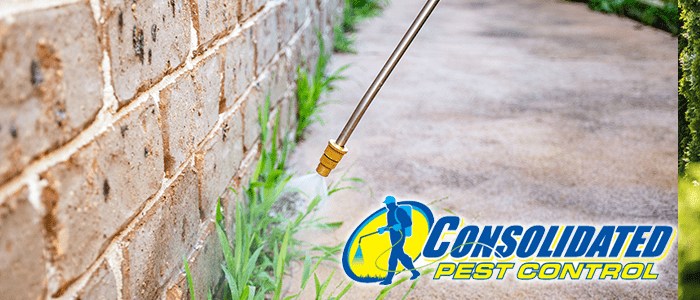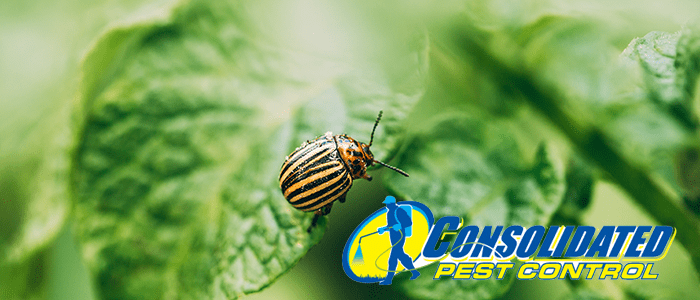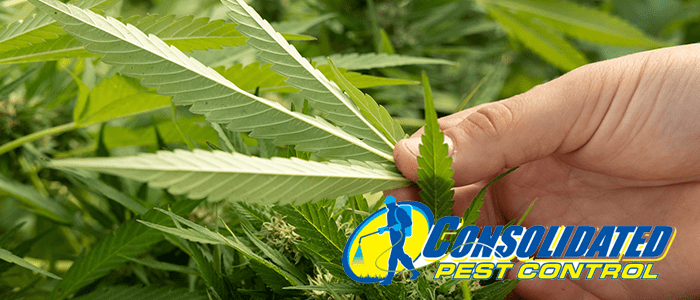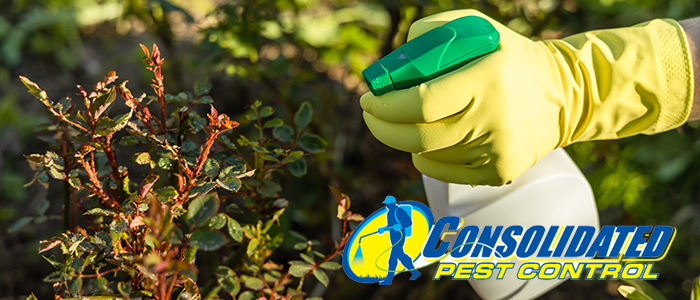
I have St. Augustine grass in my yard, but it’s not looking healthy, and weeds are a problem. What should I do now to improve its condition?
During this time of the year, St. Augustine grass typically enters a partial dormancy, so it’s normal for it not to look its best. It might even turn brown if the weather gets very cold. It’s advisable to wait until late March or April, when the grass resumes growth, to assess its health. To deal with the current weed problem, especially cool-season weeds like dollarweed, now is the perfect time to apply a lawn weed killer like Atrazine. Follow the label instructions and treat the lawn twice this or next month during mild weather. For the grass, fertilize it in late March or early April to encourage vigorous growth.
My camellia bush has a white powdery substance on the leaves. How can I treat this?
The white powdery substance is likely due to tea scale insects. To control this, apply horticultural oil sprays, ensuring thorough coverage under the leaves. Products like Volck Oil, All Seasons Spray Oil, or Year Round Spray Oil are effective. Alternatively, systemic insecticides like Imidacloprid or dinotefuran can be applied to the roots. These insecticides are absorbed by the plant and poison the scale insects when they feed on the sap.
My harvested cauliflower has a reddish tint. Should I be concerned?
The reddish tint on cauliflower is typically caused by exposure to light during its growth and is harmless. It doesn’t affect the taste or quality of the vegetable. To prevent this pigmentation, practice blanching by covering the head with its leaves when it’s about the size of a silver dollar. This keeps the head white by shielding it from sunlight.
Gardening Tips for January:
- Plant Now: Ideal vegetables for January planting include beets, broccoli, cabbage, carrots, cauliflower, and more. Start seeds of tomatoes, peppers, and eggplants indoors to prepare for March transplanting.
- Pesticides 101: Use garden pesticides only when necessary and after proper pest identification. Opt for the least toxic product available.
- Warm the Water: Use tepid water for indoor plants during winter to avoid shock and damage.
- Slow Time: Expect less blooming from cool-season bedding plants like petunias and snapdragons during mid-winter, but avoid fertilizing if they’re healthy.
Remember, proper timing and understanding the seasonal behavior of plants are key to successful gardening!








